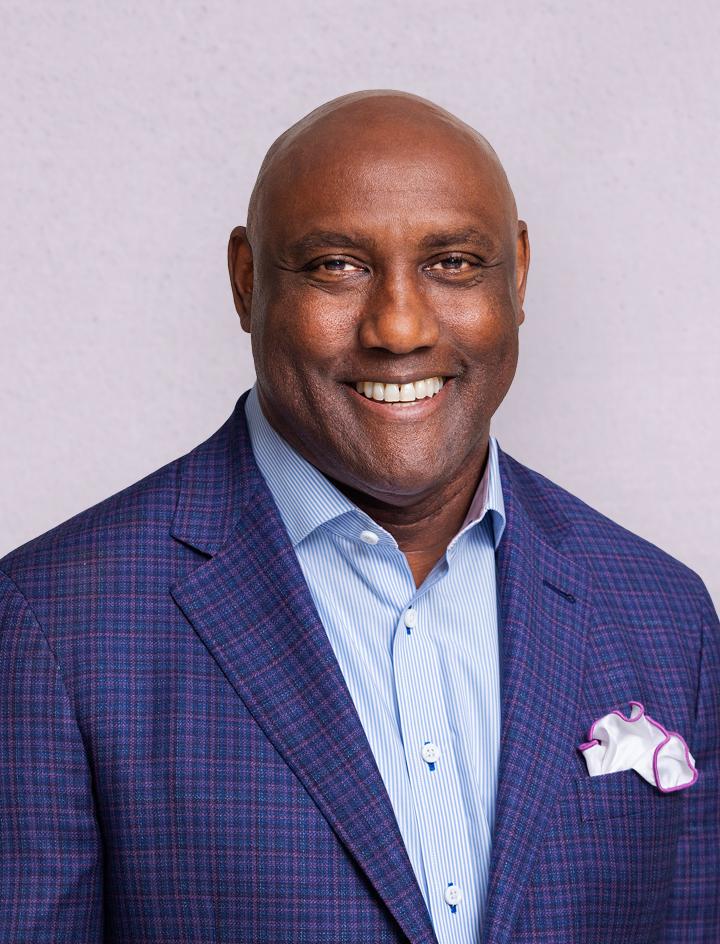Our Role in the Emerging Retirement Crisis
How The College is meeting the challenges raised by the Covid-19 pandemic.
Author

CAP®
Subscribe to Newsletter
Related Posts
FinServe Network Convenes for 2025 Summit
View DetailsJune 09, 2020
In late April, I noticed a tweet circulating within The College community. Paraphrasing, it noted a retirement consultant’s startling conversation with a large record keeper on the massive impacts of COVID-19 and Washington, D.C.’s subsequent legislation. According to the tweet, the record keeper had already processed $1.5 billion in withdrawals via The CARES Act.
While the CARES Act was a necessary provision to mitigate short-term financial pain, there’s also a real fear the allowances it offered may significantly impact individuals’ long-term retirement prospects.
However, not all is lost, because retirement planning shouldn’t be the Wild, Wild West. Financial professionals are the buffer between irrational thought and financial planning decisions. The American College of Financial Services plays an important role in this relationship, educating financial professionals on many facets of retirement planning, including areas severely impacted by today’s public health crisis.
Should my clients claim Social Security early? How can I talk to them about avoiding retirement plan withdrawals unless necessary? Where can they park money as a safe haven until the market recalibrates?
Knowledge helps provide the expertise and confidence needed to answer these questions, and many more like them. This crisis will hit retiree and near-retiree clients differently depending on the makeup of their portfolio and their familial needs. Is long-term care on the table? Do they need to have an estate planning conversation? Again, there’s so much to know, and The College wants to be both the conveyor of that information and the platform for the big, impactful discussions the profession is having.
There are several ways The College is living its mission in the retirement space during this unprecedented crisis:
- We held four-part webcast series, Financial Planning During COVID-19, which included a full hour on tax and retirement planning strategies, as well as another session on reframing a goal-based wealth management plan under market stress.
- We continue to provide relevant, timely information through the Retirement Planning Series webcasts presented by the New York Life Center for Retirement Income. A recent session detailed Social Security’s perilous solvency. We assembled a lineup of thought leaders, including The College faculty Steve Parrish and Wade Pfau, along with Kent Conrad, former U.S. Senator and co-chair of the Bipartisan Policy Center Commission on Retirement Security and Personal Savings.
- Our esteemed faculty has been busy talking to journalists across America, and have been featured in over 200 stories reaching 792 million eyes through publications like The New York Times, The Motley Fool, Bankrate, Kiplinger, and so many more.
- We also surveyed Retirement Income Certified Professionals® (RICP® credential holders) on how their clients were handling market volatility. As you’d expect, the results of our second survey showed more client concern than a month earlier, yet a theme was still apparent: clients remained calm if advisors proactively communicated the importance of proper planning during market imbalance.
We’ve been busy, but we’re nowhere close to finished. Providing a variety of free content through webcasts, interviews, surveys, and guest articles is one way to highlight the expertise of our brilliant retirement-focused faculty, led by RICP® Program Director Wade Pfau. We have a team dedicated to the data, cognizant of its framing in today’s environment, and uniquely focused on how behavior drives many of these important decisions. Retirement planning looks far different today than it did after the 2008 recession. I’m excited to determine how The College can play a part in how corporations, think tanks, and the federal government act on these issues. There will be another CARES Act. There will be emergency legislation that puts short-term interests over long-term outlooks. It’s a financial advisor’s duty to cut through the noise with sound advice and expertise, and The College will continue to play a leading role by delivering accessible, engaging, impactful insight and education.
Related Posts
FinServe Network Convenes for 2025 Summit
View Details